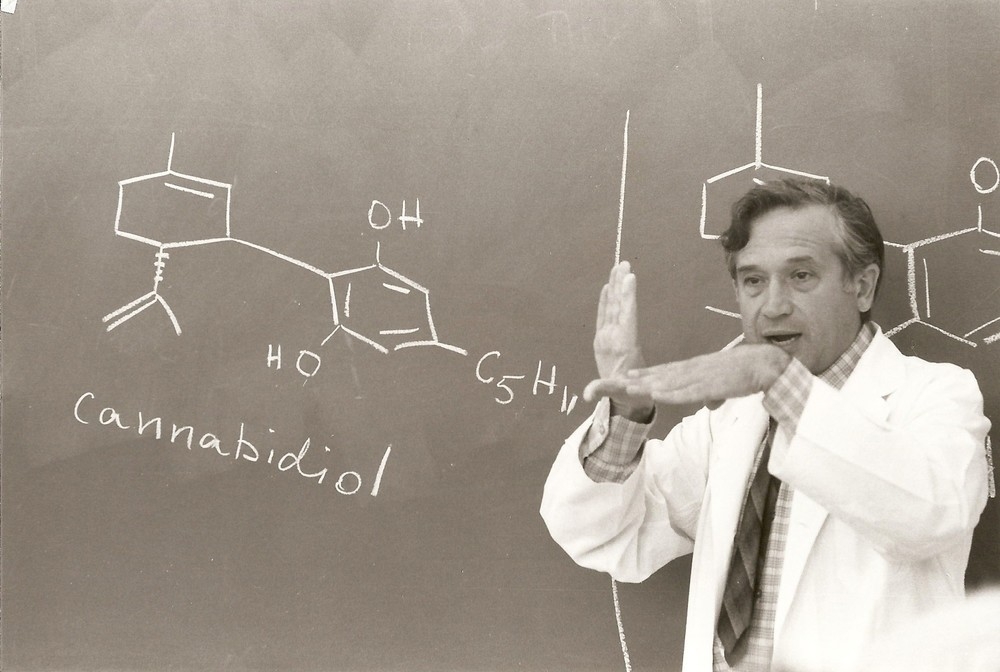Dr. Mechoulam was the first person to successfully isolate and identify the active components in cannabis, with his isolation of the compound known as delta-9-tetrahydrocannabinol (THC), which is the main psychoactive compound found in the plant.
Yesterday, the world lost a true pioneer in the field of cannabis research; Raphael Mechoulam, who passed away at the age of 92. Mechoulam, an Israeli chemist and professor, dedicated his life’s work to the study of the cannabis plant and its many components. His groundbreaking research has had a significant impact on our understanding of the plant and its potential medical applications.
Mechoulam was born in Bulgaria in 1930 and moved to Israel with his family in 1949. He received his Ph.D. from the Weizmann Institute of Science in Israel in 1958 and began his research on cannabis in the 1960s. In 1964, Mechoulam became the first scientist to isolate and identify delta-9-tetrahydrocannabinol (THC), the main psychoactive compound in cannabis.
Over the course of his career, Mechoulam’s research expanded to include the other compounds found in cannabis, including cannabidiol (CBD), which he discovered in 1963. His research has had far-reaching implications for the medical community and has helped to destigmatize the use of cannabis for medicinal purposes.
Mechoulam’s work has led to numerous medical advances in the treatment of a range of conditions, including epilepsy, chronic pain, and multiple sclerosis. He also played a critical role in helping to pave the way for the legalization of medical cannabis in many countries around the world.
Mechoulam was widely recognized for his contributions to the field of cannabis research. He received numerous awards and honors over the course of his career, including the prestigious Rothschild Prize in 2016. In addition to his research, he was also an accomplished teacher, mentor, and advocate for the responsible use of cannabis.
Mechoulam’s legacy will undoubtedly be shaped by his pioneering research on cannabis and its potential medical applications. His work has paved the way for countless researchers and scientists to continue exploring the many benefits of this remarkable plant. His passing is a loss for the scientific community, but his contributions to the study of cannabis will continue to shape the field for years to come.




